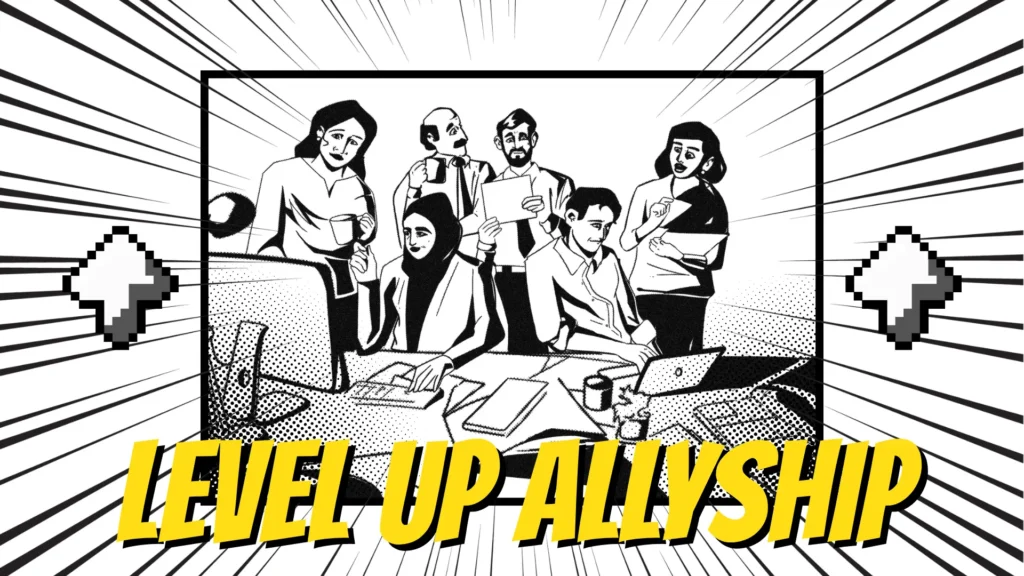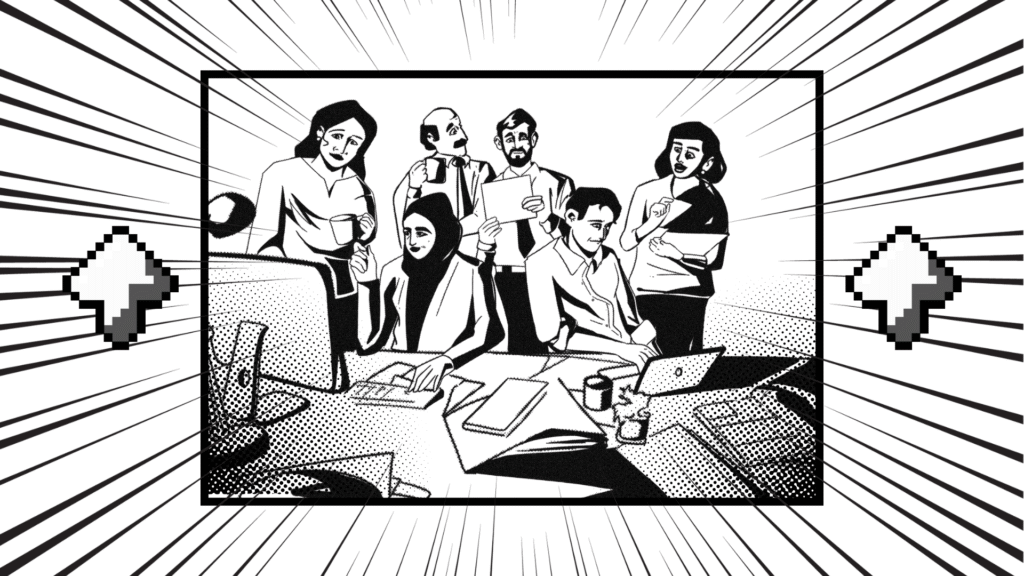Trust is about confidence in others; psychological safety is about confidence in being yourself. Together, they shape open, resilient teams where people thrive.
Psychological safety is key for an essential workplace. According to Timothy R Clark's work, it is of four types: Inclusion, Learner, Contributer and Challenger safety.
Empathy is noticing what others miss; being an empathetic bystander means responding with care, not silence, and helping shape safer, more respectful workplaces.
Harassment hides in silence and small moments. Awareness grows when we notice. Change begins when we speak up to protect everyone’s right to safety and respect.
When we wait for others to act, nothing changes. Overcoming the “someone else will do it” mindset means stepping up, even when it’s uncomfortable, to create the change we seek.
This work describes the nature of psychological safety, its appearance and the illusory role it plays upon developing company success.










